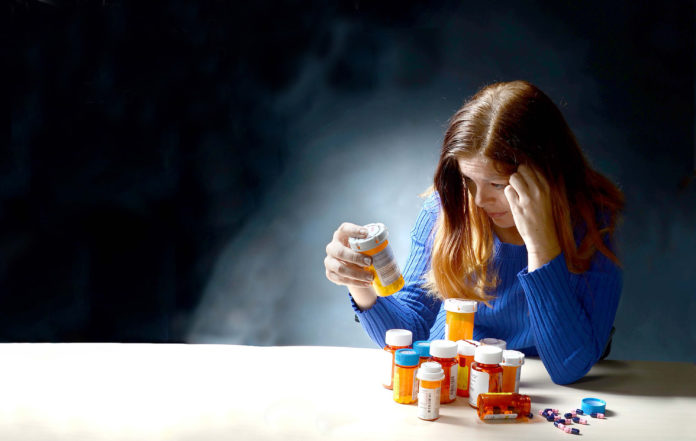About a quarter of people the world over who use amphetamines, cannabis, cocaine or heroin are women
Just about one in 18 women drug users the world over is likely to get treatment; one in every seven male drug users is treated, found a global drug report, highlighting the gender disparity in medical help for drug users.
Globally, about a quarter of people who use amphetamines, cannabis, cocaine or heroin are women. In some countries, women users outnumber men in the use of synthetic drugs. These are the findings of the latest UNODC World Drug Report 2024. It highlights a concerning rise in global drug use and the emergence of potent new synthetic opioids, exacerbating the world drug problem and its associated health, social, and environmental impacts.
About the usage patterns in women, the report says: “While overall drug use remains lower among women than men, differences between genders vary substan- tially by region and by drug type. Globally, about a quarter of people who use amphetamines, cannabis, cocaine or heroin are women, but in the case of certain synthetic drugs the share of women is higher in some countries, and in some cases almost the same as that of men, in particular in the non-medical use of pharmaceu- tical drugs such as pharmaceutical opioids or stimulants, and sedatives and tranquillizers.”
According to the report, the number of people using drugs reached 292 million in 2022, a 20 percent increase over the past decade.
Cannabis remains the most widely used drug globally, with 228 million users, followed by opioids (60 million users), amphetamines (30 million users), cocaine (23 million users), and ecstasy (20 million users). The report also underscores the environmental impact of drug production and trafficking, including the harmful effects of spraying illicit substances on crops.
Cannabis Presenting the findings of the report at the UN House in New Delhi, Marco Teixeira, UNODC Regional Representative for South Asia, said, “The situation is serious. Our responses cannot wait. Our responses cannot be disjointed.” “Evidence-based prevention programs give people, especially young people, the knowledge and skills they need to avoid drug use,” he added.


